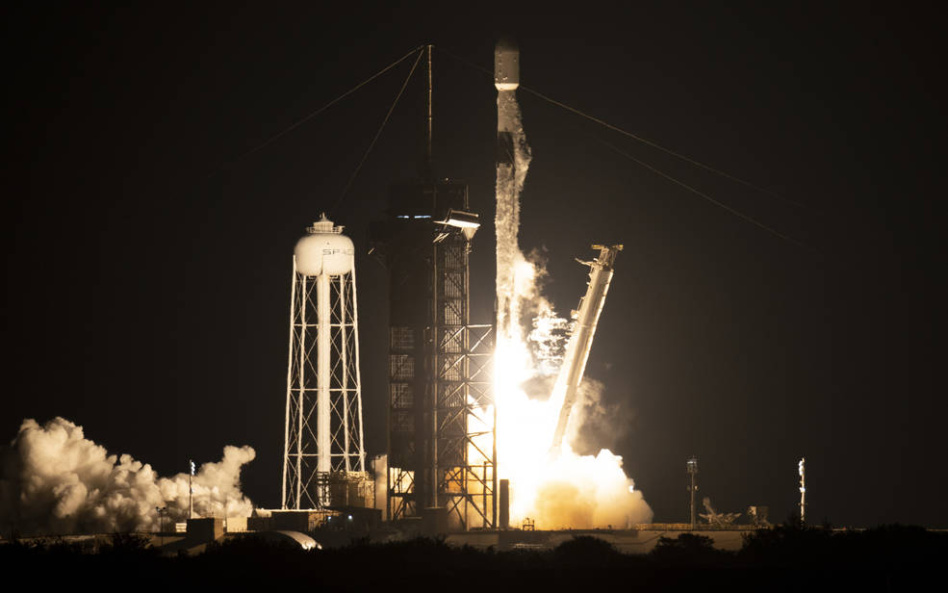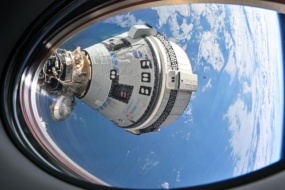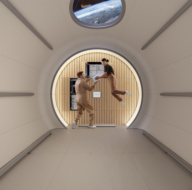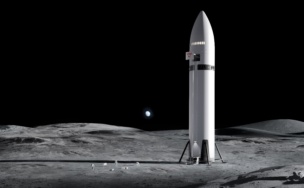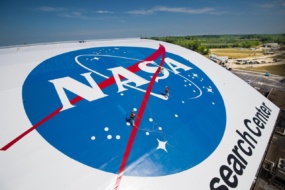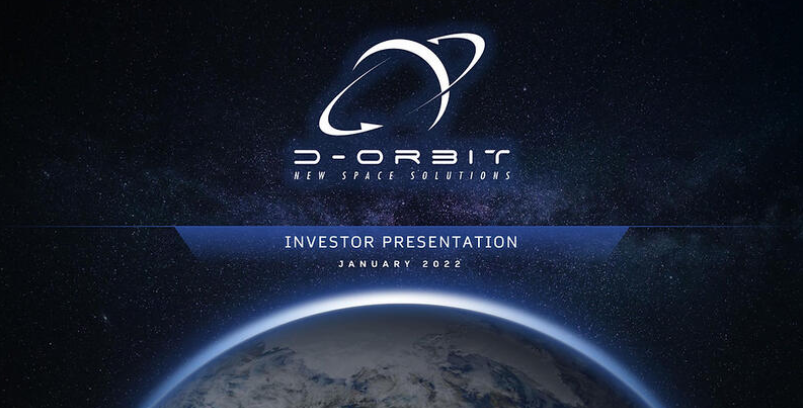Yesterday, NASA announced it had awarded 12 launch services contracts totaling $300M to support its Venture-Class Acquisition of Dedicated and Rideshare (VADR) missions. The VADR contracts are fixed-price, indefinite delivery agreements with a five-year ordering period.
The biggest names in launch made appearances on the list of awardees:
- ABL Space Systems
- Astra
- Blue Origin
- L2 Solutions
- Northrop Grumman
- Phantom Space Corporation
- Relativity Space
- Rocket Lab
- Spaceflight Inc.
- SpaceX
- ULA
- Virgin Orbit
Venture class: NASA is taking steps to make it easier to procure launch services for its science payloads from the private sector. To do that, the agency is taking a page from the commercial launch playbook, allowing for more agile development and flexibility. The contracts reduce the amount of NASA oversight in the launch preparation process, lowering the bill incurred by launch.
The key points of the VADR contracts, which diverge a bit from standard Launch Services Program (LSP) requirements:
- A miniaturized version of the mission integration process
- Commercial interim payments
- “Protection from commercial industry standard terms and conditions”
Risky? The payloads flying on these lower-oversight partnerships would be NASA’s lower priority missions, which allow for a little more technical flexibility. These launch services would be limited to CubeSats and payloads in Class D, or low-priority, high-risk missions that have significant alternative or re-flight opportunities.
“These tremendously flexible contracts will meet a wide variety of NASA science and technology needs, further enhancing the agency’s Launch Services Program’s reputation as Earth’s bridge to space,” Bradley Smith, director of launch services at NASA HQ, said.
